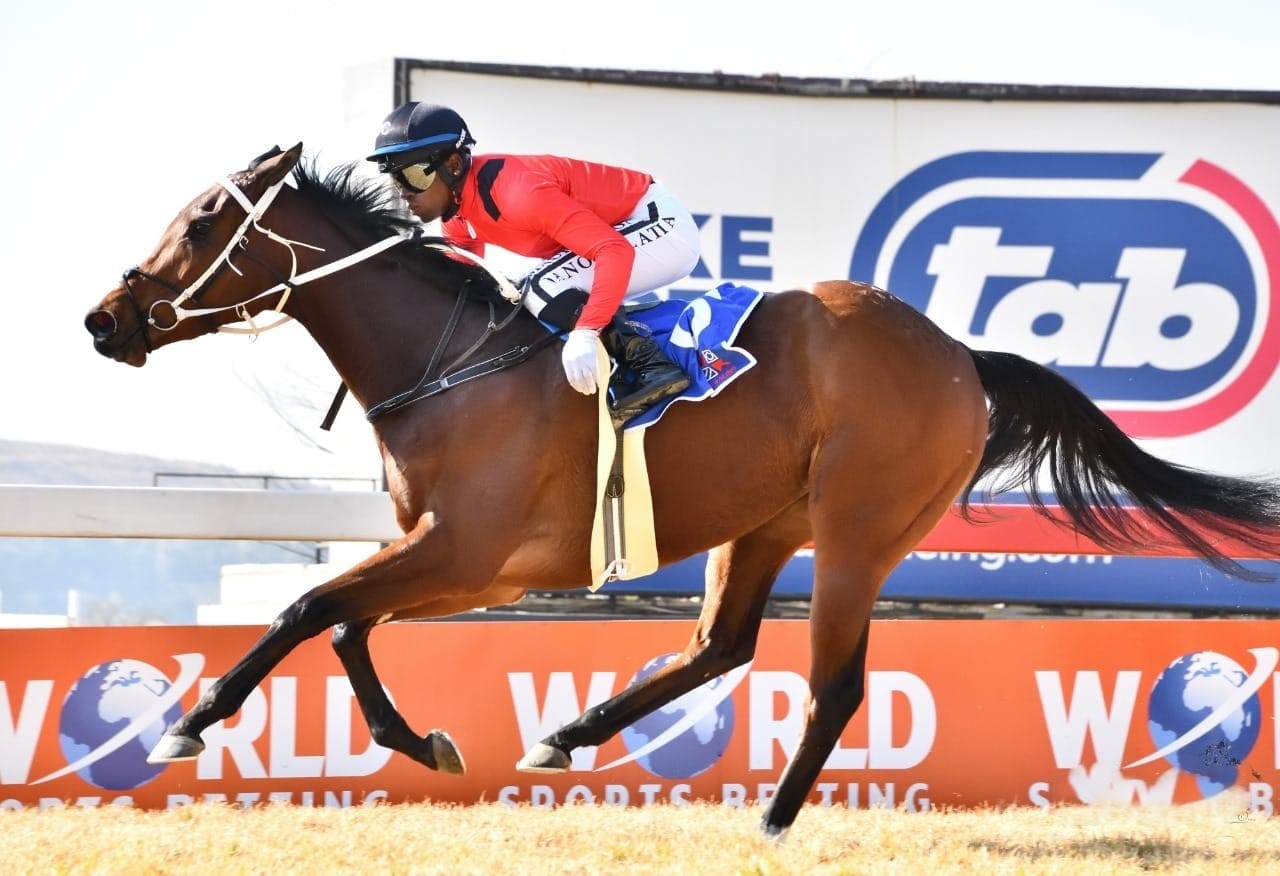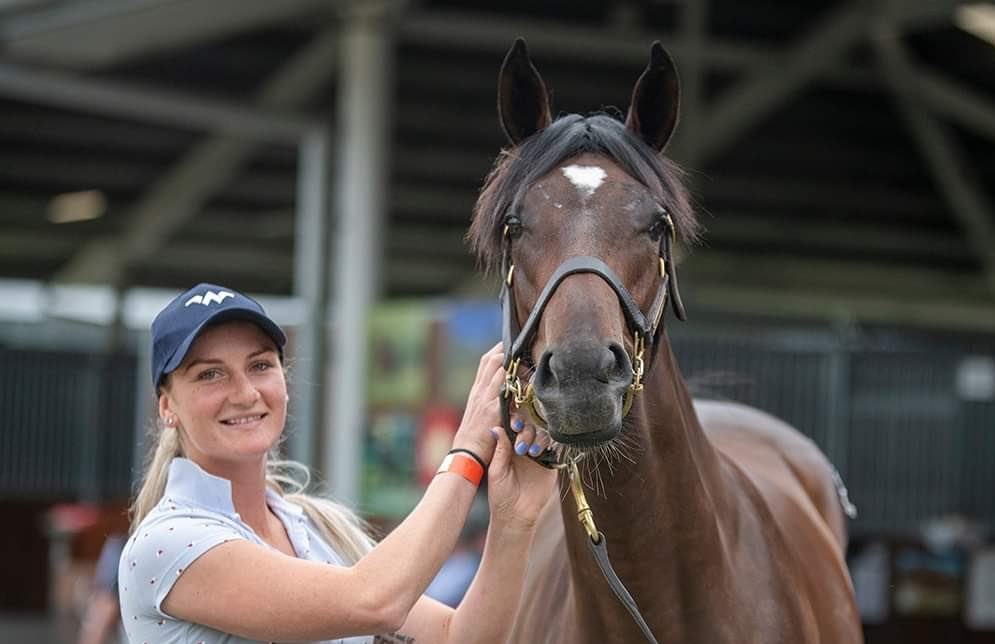 As far as gambling and wagering are concerned we have games of skill and games of chance and racing could be classified as a game of skill enhanced by chance, writes Leon Smuts.
As far as gambling and wagering are concerned we have games of skill and games of chance and racing could be classified as a game of skill enhanced by chance, writes Leon Smuts.
There are four distinct elements that play a role in how successful a player could be in the game of horse racing and each of these will be elaborated on below:
- A: The ability to analyse and interpret form
- B: Privileged information
- C: Financial means
- D: Lady luck
A: THE ABILITY TO ANALYSE AND INTERPRET FORM
This refers to the ability of an individual to make sense of the past performance data of a horse in determining the possible outcome of a future race when these performances are measured collaterally and/or independently. This is a skill which can and must be mastered to become a successful player, and can be learned over time. Further to this and something that can also be acquired over time is the ability to assess a horse by physical attributes and appearance such as the condition of the coat, how relaxed the animal is before a race, the rhythm and freedom of movement when going down to post and the degree of perspiration relative to prevailing weather conditions. Another area of learning which is important is pedigree as it relates to potential distance and track surface suitability.
B: PRIVILEGED INFORMATION
This has to do with stable information which some people are privileged to and that can be instrumental in assessing a horse’s chance in a race. The main components here are the current well-being of the animal, the work shown at home against other proven stable mates and actual race expectations which could be just a prep run or the actual target in terms of the horse’s career map. The betting will give those not privy to the information guidance in some instances but this remains an area of contention with constant requests for greater transparency.
C: FINANCIAL MEANS
 What this refers to is the possible advantage that more affluent players have over smaller players based on greater spending power. Because bets can be structured and multiple runners can be selected a bigger permutation will mostly be an advantage as it will cover more outcomes or provide a bigger return if played multiple times or as a bigger percentage in the case of a fractional wager. Simply put, if two players of equal ability take part in a wager, it will mostly be a distinct advantage to have more selections than your compatriot player.
What this refers to is the possible advantage that more affluent players have over smaller players based on greater spending power. Because bets can be structured and multiple runners can be selected a bigger permutation will mostly be an advantage as it will cover more outcomes or provide a bigger return if played multiple times or as a bigger percentage in the case of a fractional wager. Simply put, if two players of equal ability take part in a wager, it will mostly be a distinct advantage to have more selections than your compatriot player.
D: LADY LUCK
As with any game it would be naïve to suggest that luck never plays a part in the outcome of an event or a wager. At times we are the beneficiaries of good fortune and sometimes the victims of bad luck. This is an integral part of wagering and is always waiting in the wings to have an impact when we least expect it. Luck in running is also a major factor in the outcome of nearly every race run, so the importance of luck should not be discarded.
There is no doubt that the more skilled player will do better than the unskilled or lesser skilled player over time, with greater consistency in selections providing more frequent success. It is theoretically possible to win on luck alone but would never provide any consistency in the long run. The more any of the above elements form part of a player’s armoury, the more successful they should be.
In the current wagering environment the only element that all players have control over is A as anyone can acquire the skills needed to be a better than average punter. Current games makes C a disproportional advantage and B will probably always be available to only a select few. D compensates for a lack of everything else but is an unreliable ally at best and mostly only an occasional friend.
![]() For racing to be a genuine game of skill and a more prestigious challenge we need to take the disparities of unequal spending power out of the equation and make it a true test of ability alone. To reach out successfully to a new customer base it would be beneficial to have a social offering that can ably demonstrate the value of skill to new players and actively promote their skills development.
For racing to be a genuine game of skill and a more prestigious challenge we need to take the disparities of unequal spending power out of the equation and make it a true test of ability alone. To reach out successfully to a new customer base it would be beneficial to have a social offering that can ably demonstrate the value of skill to new players and actively promote their skills development.
Providing much needed fun and fairness in a racing involvement is mostly underestimated in importance, and would require games where it is not players against the system as in current games, but purely player against player in a competitive test of skill. This will make participation far more meaningful and enjoyable and provide a new social breeding ground for scores of skilled players that could ultimately be converted into long term customers.
Racing offered as an ultimate test of skill could help define racing as a sport and really support the industry where it matters most, active participation.








